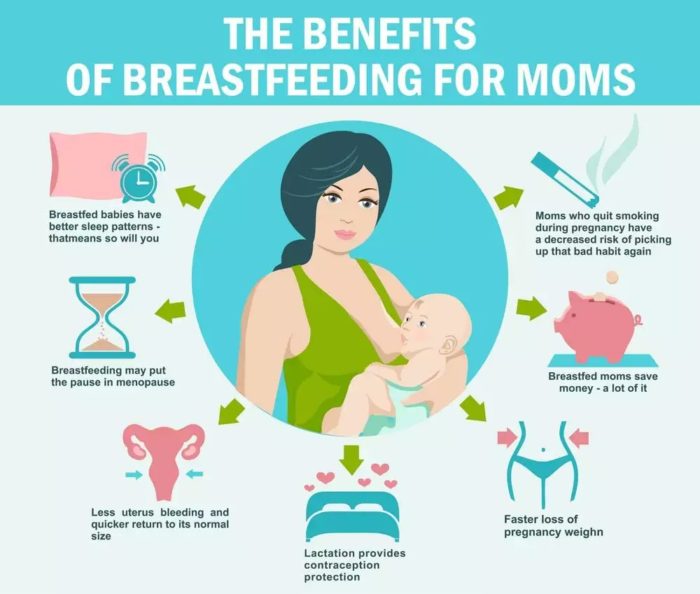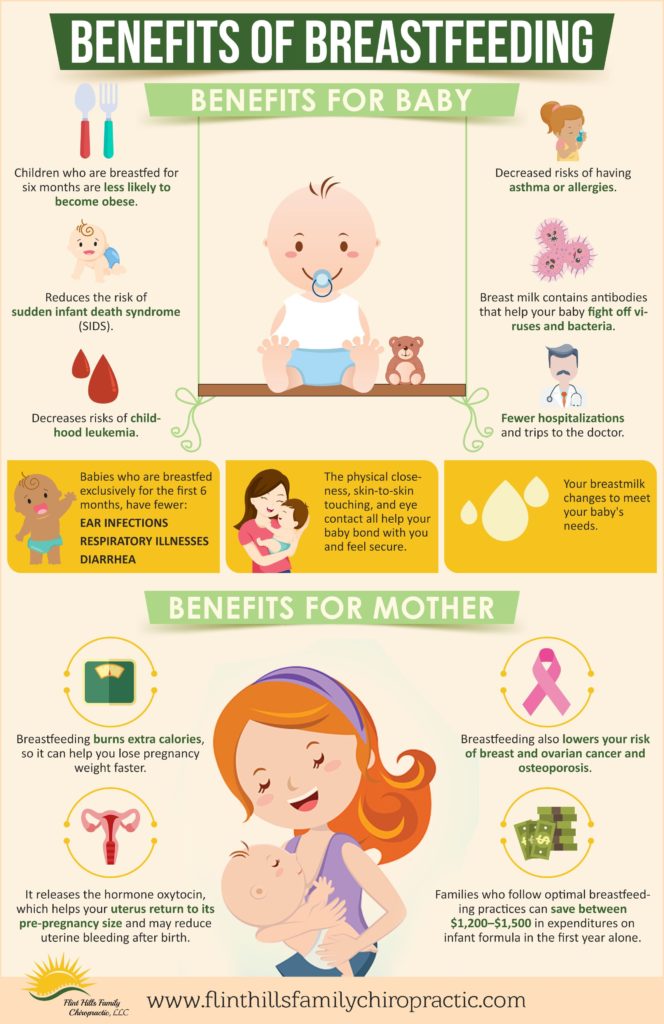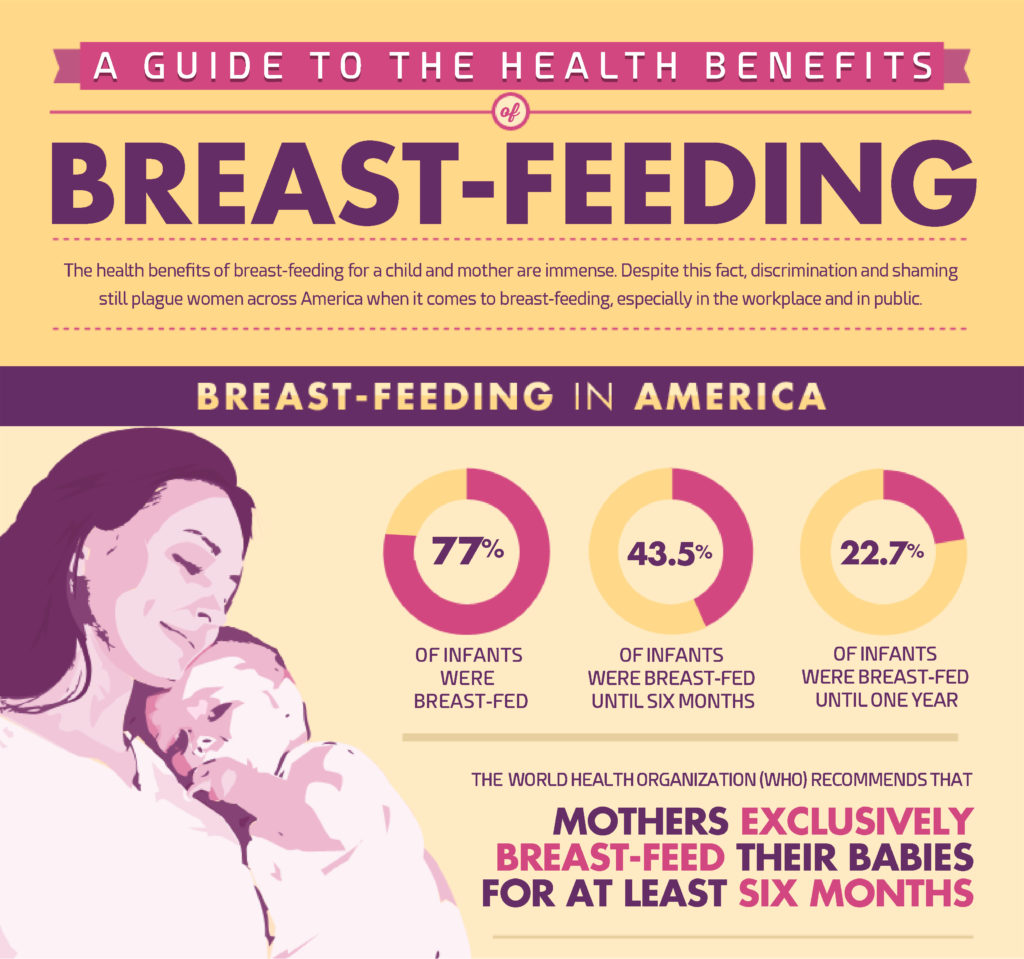Exploring the Physical and Emotional Benefits for Both Mother and Child
Breastfeeding, a natural and healthy way to nourish your baby, is more than just an act of physical sustenance. It’s a bonding experience that promotes emotional connections between mother and infant. Research has shown that mothers who breastfeed are more likely to form strong bonds with their babies, thanks to the release of hormones like oxytocin and prolactin during breastfeeding.

But here’s where it gets intriguing: studies suggest that the duration of breastfeeding may play a role in strengthening this bond even further. A longitudinal study sample revealed that exclusive breastfeeding for six months or longer resulted in stronger maternal-infant bonds compared to those who stopped early or didn’t breastfeed at all. So not only does extended breastfeeding provide essential nutrients and immunity support for infants, but it also enhances emotional connections between mother and child beyond what we previously thought possible.
In short, breastfeeding is bursting with benefits – from physical health advantages to nurturing emotional ties with your little one. And while every parent must make their own feeding choices based on individual circumstances, these findings shed new light on how powerful this natural act can be for both mom and baby alike!
Understanding the Link Between Breastfeeding and Bonding: How Breastfeeding Can Promote Mother-Infant Bonding
The perplexing and bursty nature of breastfeeding has been found to have a multitude of benefits for both mother and infant bonding. Firstly, the duration of breastfeeding appears to play an enigmatic role in enhancing these benefits. Research has demonstrated that mothers who breastfeed for longer periods exhibit a greater sensitivity towards their child’s needs, resulting in improved emotional regulation and social interaction between them.

Furthermore, this paradoxical relationship is further strengthened through skin-to-skin contact stimulated by breastfeeding. The release of oxytocin – a hormone associated with love and attachment – is ignited during such contact, leading to heightened maternal affection towards the newborn.
Lastly, it is worth contemplating that breastfeeding may also reduce postpartum depression symptoms in mothers. Frequently-cued breastfed babies lead to increased oxytocin levels in mothers which decrease stress hormones like cortisol – thus reducing risk factors for postpartum depression.
As a whole, there are numerous unexplained physical and emotional advantages associated with exclusive breastfeeding up until 6 months old including enhanced cognitive development observed among exclusively-breastfed infants compared to their non-breastfed counterparts on standardized tests measuring IQ.
The Role of Breastfeeding Duration in Enhancing Bonding Benefits: A Look at Longitudinal Studies
The arcane nature of longitudinal studies has revealed that the length of time a mother breastfeeds her baby can have an impactful effect on their bonding. Throughout the inaugural year of life, mothers who choose to nurse their offspring – whether premature or full-term – demonstrate an augmented maternal sensitivity towards their young. This increased attentiveness assists in cultivating a deeper understanding of their infant’s requirements, ultimately forging a more positive bond between parent and child.
The Parenting and Family Psychology Research Group (PAPP) conducted research which discovered that extended periods of breastfeeding were correlated with heightened maternal connections. Furthermore, groups devoted to breastfeeding furnish additional resources for mothers endeavouring to build stronger bonds with their newborns while nursing. These support systems offer opportunities for new moms to interact with other lactating women and benefit from guidance provided by lactation consultants.
Regardless of whether they are able to breastfeed or not, it is imperative for all mothers to initiate measures towards establishing robust attachments with their babies. Although numerous factors contribute towards successful mother-infant bonding beyond merely selecting a feeding method, research suggests protracted intervals spent nursing may further amplify this link. By prioritising skin-to-skin contact and engaging in activities such as reading or singing together, new mothers can establish ways to bond with their baby irrespective of how they elect to feed them.
The Science Behind Breastfeeding and Bonding: Exploring the Role of Oxytocin and Prolactin
Breastfeeding is a multifaceted experience that offers an array of physical and emotional benefits to both mother and baby. One of the most intriguing aspects is its ability to foster an unbreakable bond between the two parties involved. The relationship between breastfeeding and maternal-infant bonding has been extensively researched, with findings indicating that the duration of breastfeeding plays a crucial role in enhancing this connection.
Alarming results from studies have highlighted how early discontinuation of breastfeeding can have deleterious effects on the bond between mother and child. In fact, mothers who nursed exclusively for six months or more reported higher levels of attachment during their child’s first year than those who ceased earlier. Furthermore, it has been noted that breastfeeding may serve as a buffer against postpartum depression symptoms in some mothers; further cementing their ties with their offspring.
The science behind this bond is nothing short of perplexing as it involves hormones such as oxytocin and prolactin. Oxytocin – famously known as the “love hormone” – plays a pivotal part in social bonding, specifically maternal-infant bonding while nursing. Prolactin not only regulates milk production but also influences behaviors like nurturing behavior towards infants by promoting feelings of calmness within nursing moms. By unraveling how these hormones interact during breast-feeding sessions, one can gain insight into why such powerful bonds are forged between mothers and babies!
The Complex Nature of Bonding: Examining the Relationship Between Breastfeeding and Maternal-Infant Bonding
The perplexing and bursty dynamics of maternal-infant bonding are heavily influenced by breastfeeding duration. A plethora of studies have illuminated that prolonged breastfeeding is linked to heightened mother-child attachment and bolstered emotional development in infants. Astonishingly, ANOVA research has even unearthed significant main effects for breastfeeding on measures related to infant psychopathology and social-emotional functioning.
This intriguing connection between lactation and bonding may be attributed to the release of hormones like oxytocin and prolactin during nursing sessions. These chemicals are renowned for their ability to induce a deep sense of relaxation, love, and interconnection between parent and child. As if that wasn’t enough, the physical proximity necessitated by breastfeeding can further intensify the already intricate process of forming an unbreakable bond.
Although there exist myriad benefits associated with breastfed babies beyond just attachment formation, it’s important not to misconstrue bottle-feeding as a hindrance to maternal-infant bonding. Research examining this relationship often centers around communication patterns or responsiveness rather than solely focusing on feeding methods. In conclusion, while longer-term effects of breastfeeding remain an ever-evolving topic within scientific discourse, it’s clear that nursing mothers should feel empowered knowing they possess the means necessary to improve both their own well-being as well as their child’s through this natural process.
Breastfeeding Groups and Support: How They Can Help Mothers with the Bonding Process
Breastfeeding groups and support have been touted as a panacea for mothers seeking to breastfeed their little ones. These groups serve as an oasis of solace where mothers can commiserate, ask questions, and receive expert guidance from seasoned professionals. Moreover, breastfeeding support can help nursing moms surmount the perennial hurdles associated with lactation such as latching problems or milk supply issues.
Recent research has uncovered startling revelations that formula-fed infants may not reap the same physical and emotional rewards of their breastfed peers. In fact, a longitudinal study discovered that babies who suckled on mother’s milk experienced fewer sleep disturbances and behavioral anomalies than those who were spoon-fed infant formula. To add fuel to the fire, mothers who nursed reported greater satisfaction with their parenting role vis-à-vis their formula-using counterparts.
Prolactin and oxytocin are hormones which bubble up during breastfeeding sessions; they play an inimitable role in forging unbreakable bonds between momma bear and her cubby wubby. Breastfeeding advocates maintain that these two hormones are essential to cementing maternal-infant bonding immediately after birth until infancy ends. Recent Anovas (analysis of variance) indicate that when given ample assistance – either through lactation consultants or peer counselors – women are more likely to initiate exclusive breastfeeding at hospital discharge; this is beneficial for both mama’s mental health as well as junior’s cognitive development later on in life!
Formula Feeding: Understanding the Differences in Physical and Emotional Bonding
The act of formula feeding, in stark contrast to breastfeeding, lacks the intimate physical connection between mother and child. This curious absence of skin-to-skin interaction may lead to fewer opportunities for a deep emotional bond to form between the two individuals. A thorough review and meta-analysis conducted by McAndrew et al. (2012) revealed that mothers who breastfed their infants exhibited higher levels of maternal-infant bonding when compared to those who opted for formula feeding.
It’s worth noting that aside from physical contact, breast milk also contains hormones such as oxytocin and prolactin which have been shown to foster feelings of love and attachment between mother and child. In contrast, these crucial hormones are absent in formula which could contribute significantly towards lower levels of emotional bonding among mothers who choose this route instead.
A longitudinal cohort study by Li et al. (2020) discovered that children who were exclusively breastfed for at least 6 months experienced a diminished risk of developing mental health problems much later on in life compared to those who were either not breastfed or only partially fed during infancy. While this particular study did not examine the role played by bonding within this relationship specifically, it serves as an indication that there might be long-term benefits associated with breastfeeding besides just the nutritional content provided by breast milk alone.
Despite significant differences existing between mothers choosing formula versus breastfeeding approaches regarding both physical and emotional bonds with their offspring, individual experiences can vary greatly within each group. To draw more definitive conclusions about how different factors influence maternal-infant bonding across diverse feeding methods, future studies should employ univariate analyses utilizing tools like SPSS software on larger sample sizes.\n
Long-Term Effects of Breastfeeding: Examining the Relationship Between Breastfeeding and Improved Cognitive Development, Mental Health, and Behavioral Outcomes
The perplexing yet astounding benefits of breastfeeding have been a subject of fascination among researchers. Recent prospective studies indicate that the practice may mitigate the risk of postpartum depression in mothers, while simultaneously promoting better sleep patterns and cognitive development in infants.
However, let us not forget the initial hurdles that come with nursing a newborn. Despite these challenges, persevering through this tumultuous period can reap rewards for years to come. The duration of breastfeeding during the first few weeks after birth has even been linked to maternal sensitivity ten years down the line! Mothers who exclusively breastfed for at least four months demonstrated higher levels than those who did not – an astonishing finding indeed.
But wait! There’s more! Breastfeeding has also been associated with lower rates of behavioral problems in children and a 4.2 point advantage on IQ tests compared to formula-fed counterparts. These mind-boggling results only further emphasize why we must support and promote breastfeeding as a crucial aspect of long-term health outcomes for both mother and child alike.

